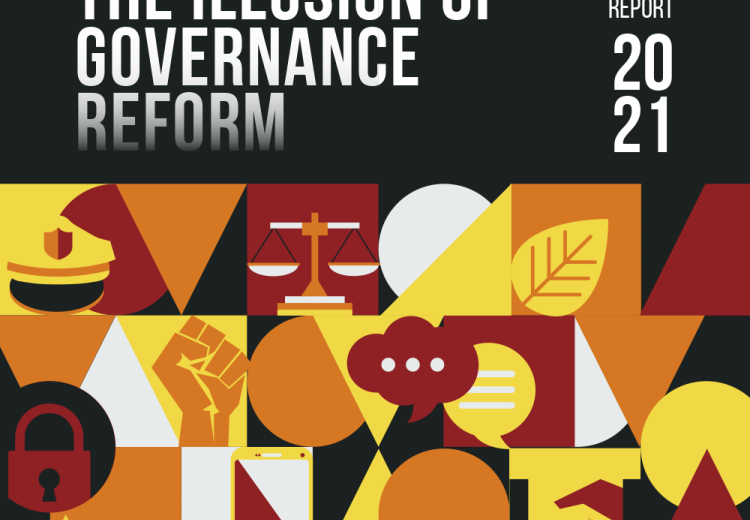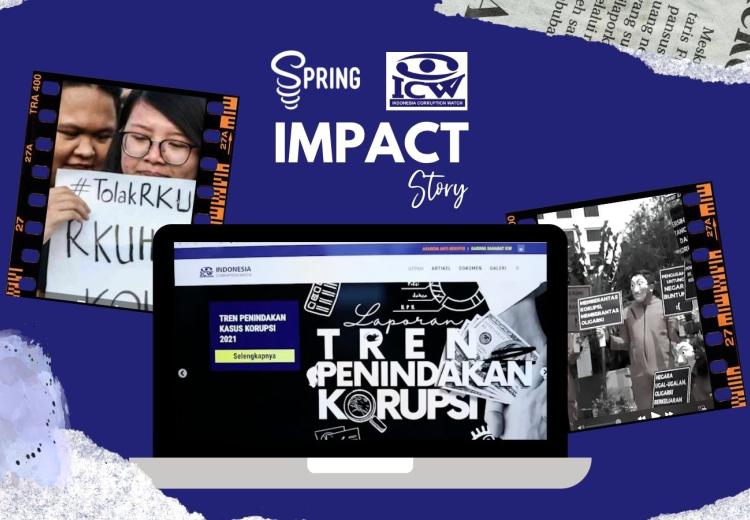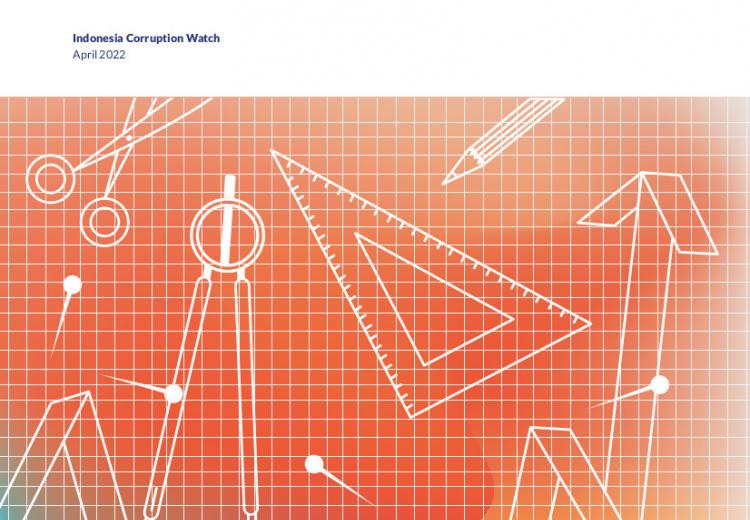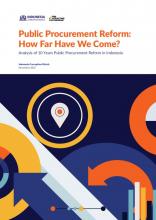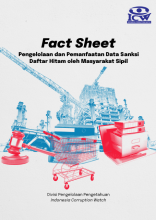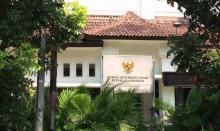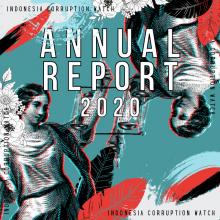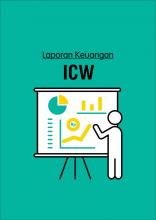After dropping in 2020, Indonesia's Corruption Perception Index (CPI) will rise again in 2021. With a capital score of 38 (37 in 2020), and ranked 96th in the world (102 in 2020), Indonesia's corruption eradication can simply be said to have improved. But is that so? Referring to TI Indonesia's explanation, the increase in the 2021 GPA score was mostly contributed by the economic sector.
Indonesia Corruption Watch (ICW) is an organization in transition. Where it was once a group of committed activists doing the hard work of holding the government accountable, it is now evolving to a growing movement of active citizens.
Public procurement is essential to development. Fair and equitable development may also lead to better, improved public services. For this reason, substantial budget is typically allocated for public procurement.
Problems arise, however, when the substantial budget lacks government oversight. According to the Corruption Eradication Commission (KPK) data, the KPK prosecuted a total of 1,144 cases from 2004 to 31 March 2021. Of that, 21 percent are public procurement cases.
The new standards is expected to elucidate the obligations of public bodies in disclosing public procurement information, especially with regards to procurement contract documents. In most cases, public bodies have previously interpreted procurement information to be excluded from public information, therefore inaccessible from public monitoring.
The portal includes easy-to-use analytics tools that allow anyone to look at corruption risks and other indicators associated with public procurement performance, such as competition, efficiency, and value for money.
Not long ago the Indonesian Commission for the Elimination of Corruption (KPK.) was celebrated as a success story. But on 12 May2021 economist Emil Salim warned Indonesians not to trust the official wing of the KPK. How has the shift in trust come about?


